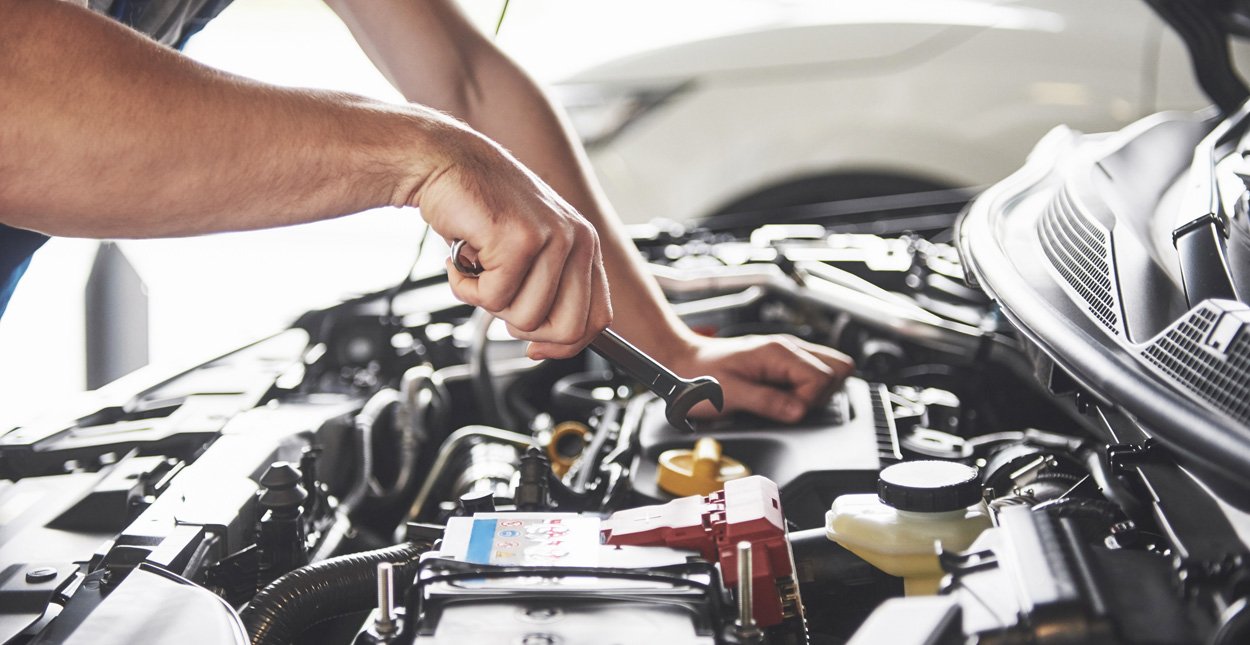An Article To Teach You All About Auto Repair
The subject of auto repair is something that has proved elusive to many people who would prefer to cross their fingers and hope their car keeps running smoothly. The key to automotive confidence lies within the acquisition of a good body of knowledge when it comes to car repairs and maintenance. The article that follows below serves as a good starting point for learning about this important topic.
Tarpon Springs Windshield Replacement FL
Check the transmission fluid every two to three months. Let your engine run and open the hood of your car. Use the transmission dipstick to check the fluid levels. If there is not enough fluid in your transmission you probably have a leak somewhere in your system. It is best to take the car to a mechanic so he can locate the leak.
Keep well-organized records on your car. You should have readily available records of everything in regards to maintaining your car when seeing a mechanic. Well-organized records can help them diagnose an issue correctly the first time. Unorganized records may lead to repeat repairs and lots of wasted money and time.
If you're performing your own repairs underneath a car and have it raised in the air, ensure that the lifting device you use is secure. Never lift a car that is not on level ground or on a firm surface. Always use jackstands in the proper position and never solely rely on a jack to keep a car raised off the ground.
Know your car before taking it in for any auto repairs. If you have little knowledge on the specs of your model car, you may end up being taken for a ride without you knowing it. Read through your manual at the bare minimum before going for any larger repairs.
Think about using a mechanic who fixes cars in his own garage. You can usually find lower prices if you go through mechanics that are not affiliated with a franchise. This is a good way of saving money while investing in your local community.
Changing a car battery is quick and easy. It usually involves unfastening a clip on top of the battery and using a wrench to loosen and remove the connectors. (Naturally, you should do this with your engine off!) Brush the connectors clean with a wire brush. Lift out the old battery and put the new battery in its place. Fasten the connectors securely and refasten the clasp. You should be good to go!
Always research the reputation of any auto repair shop you are considering using to have your car serviced. If you are a AAA member, you can find a list of approved shops on their website. You can also download an app for your smartphone like Repairpal to view ratings for different repair shops.
Unless it is required by your car's warranty, don't feel obligated to use the repair shop at the dealership. There are many reputable independent auto repair shops and they are often cheaper. Ask your friends and family members for a recommendation if you are unsure which shops in your area are trustworthy.
Make sure that the auto repair shop you go to offers a warranty on their services. There are plenty of repair shops that will do a shoddy job, and there is nothing you can do about that if you have no warranty. A warranty will give you the opportunity to get the problem fixed for no charge.
Keep full copies of all of your auto repair work orders and every receipt as well. You'll want to have this proof available if any workmanship issues crop up. Plus, when you are selling the car, you'll tend to get more value for it when you are able to show exactly what has been repaired and how.
Remember that where you live can have an impact on when you need to take your vehicle in for service. For example, if you only travel a short distance to work, your exhaust system may have issues as a result. If you live somewhere very hot, in contrast, you may need to look closely at your engine oil. A "one size fits all" service schedule doesn't work for everyone.
When you take your car to an auto repair shop, try to have a good description of the problem. Just telling the mechanic the car is screwed up won't help him or her to solve the problem. Provide details. You should know how long the problem has existed and when it occurs. Note whether or not dashboard warning lights are illuminated. Describe any sounds, smells or vibrations that accompany the problem.
When car problems strike, there is no need to worry. As long as you have a sufficient understanding of proper auto repair methods and techniques, you will be able to get your car back on the road in short order. Review the above information as needed, and you will always know how to handle a crisis with your vehicle.

